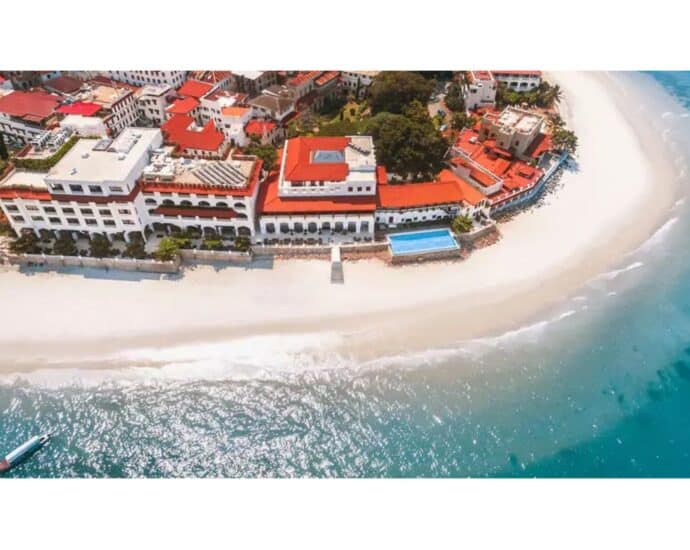Tanzania: Police Nab Over 300 Suspects in Songwe Region

SONGWE — The Police Force in Songwe Region has arrested a total of 302 suspects in connection with various offenses, including cyber-related crimes.
Issuing the August report, Acting Songwe Regional Police Commander, ACP Gallus Hyera, stated that other offenses committed by the suspects included gender-based violence, burglary, theft, murder, drug-related offenses, and traffic law violations.
The report further revealed that 12 individuals have been convicted and sentenced to prison. Among them, five were convicted of theft, while others faced charges of rape, economic sabotage, and illegal possession of firearms.
Additionally, the report shows that 16 suspects were arrested for drug-related crimes, including the possession of marijuana and illicit homemade alcohol, locally known as “gongo.”
These arrests are part of a broader crackdown aimed at combating the growing drug problem in the country.
The police noted that 3,471 traffic offenses were recorded during the same period. According to the acting regional police chief, these offenses resulted in deaths and injuries.
In response to the crime rates, the police emphasized their continued efforts to enhance public safety through educational outreach programs aimed at encouraging community participation in maintaining law and order.
“These initiatives have significantly improved the effectiveness of community policing in the region,” the statement insisted.
Source: allafrica.com



















